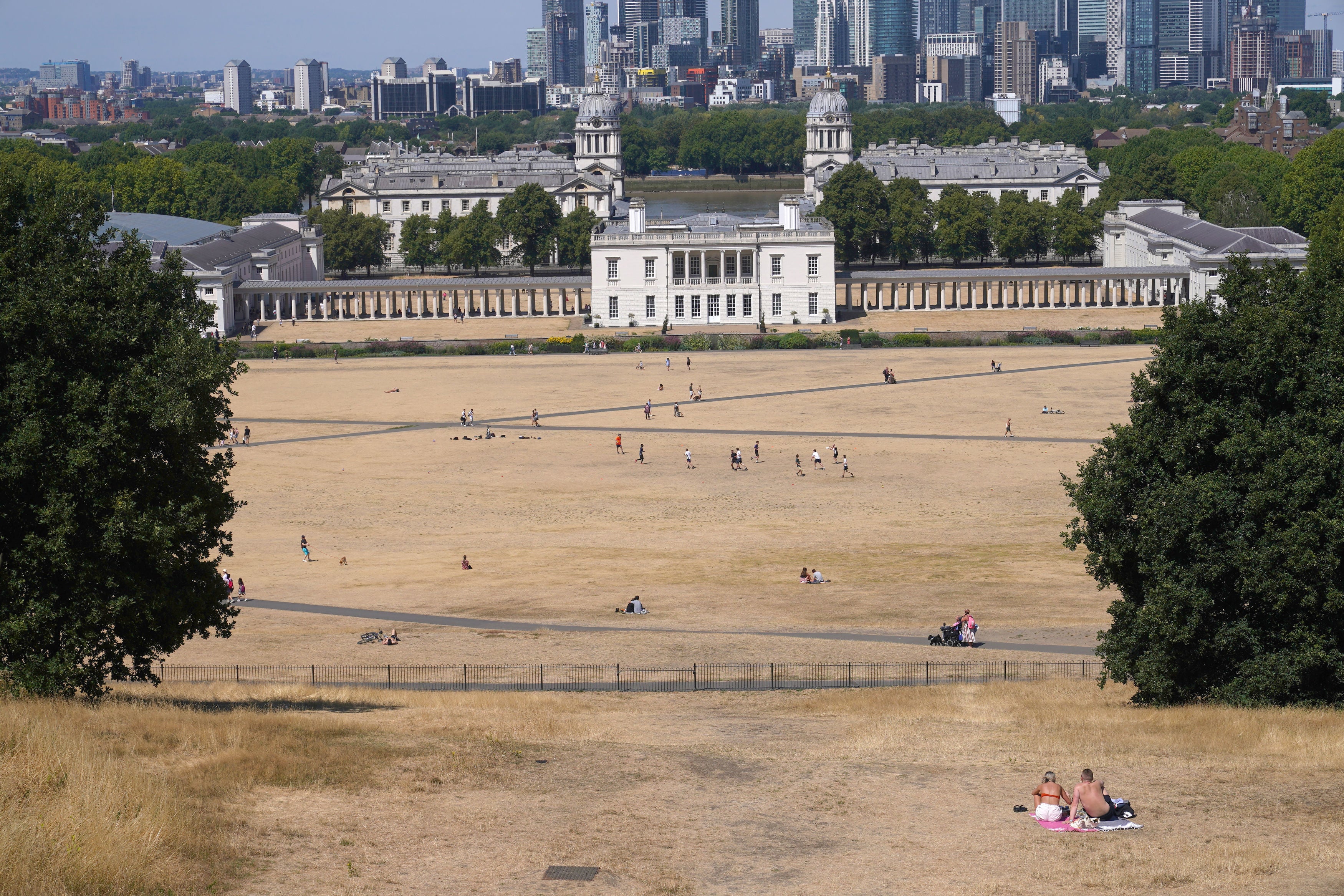Could we really see more swarms of wasps because of hot and dry weather?
Reports suggest the scorching weather conditions could lead to more wasps. But scientists say this is not necessarily true

Your support helps us to tell the story
From reproductive rights to climate change to Big Tech, The Independent is on the ground when the story is developing. Whether it's investigating the financials of Elon Musk's pro-Trump PAC or producing our latest documentary, 'The A Word', which shines a light on the American women fighting for reproductive rights, we know how important it is to parse out the facts from the messaging.
At such a critical moment in US history, we need reporters on the ground. Your donation allows us to keep sending journalists to speak to both sides of the story.
The Independent is trusted by Americans across the entire political spectrum. And unlike many other quality news outlets, we choose not to lock Americans out of our reporting and analysis with paywalls. We believe quality journalism should be available to everyone, paid for by those who can afford it.
Your support makes all the difference.It has been a hot and dry summer for the UK so far, with scorching conditions expected to continue in August.
Record-breaking temperatures and months of sparse rainfall have resulted in dramatic changes to the natural world, with fields parched from a lack of water and burnt by wildfires.
Reports have suggested there could be another change as a result of the heat and lack of rain: a surge in the number of wasps.
But leading experts tell The Independent this is by no means a given - and the dry weather could even threaten their population.
Professor Seirian Sumner, a behavioural ecologist who co-founded a national tally of the wasp population, said drought conditions could limit their food.
This is because parched landscapes will mean less flower resources and therefore less food for insects - such as flies and caterpillars - which wasps eat.
“Actually, I’d be a bit concerned about the wasp population,” she says.
Prof Sumner says wasps “had a good start to the summer”, with warm springs supporting queens - just out of hibernation - to forage and build nests.
“But this uncharacteristically hot and dry weather that we’re experiencing at the moment which is not typical, our ecosystems are not adapted to deal with that,” she says.
“I think that could possibly have an impact on the wasp prey populations, which will have a knock-on effect on the wasp populations. But at the moment, we don’t know.”

This is a crucial point for Prof Sumner, who says it is too early to make any judgement on how the weather will impact wasp populations this year.
“At this point in the summer, when the wasp populations are still growing, we cannot say anything,” she says.
Adam Hart, the other founder of the Big Wasp Survey, says scientists do not know yet what impact - if any - the climate crisis and its warmer temperatures will have on wasp populations.
“The Big Wasp Survey I’m a part of is collecting data. Other people are collecting data,” the Royal Entomological Society fellow says.
“But trying to find out if any particular year is to do with something like climate change is almost impossible. You have to look at the pattern over a long period of time.
“And the reality is that we see certain summers when there are lots of wasps, boom years for wasps. We see other summers when there were very few wasps.”
The Universityof Gloucester entomologist adds: “The exact effects of climate change, are unsure, but as we go through the coming yours and get more data on it, we will be able to find out more.”

Prof Hart says it is not as simple as to say warm weather means more wasps, with some types thriving in hotter temperatures and some not.
Both experts agree that even if it feels as if there are more wasps in the air during hotter weather, this may just be down to behavioural changes: both from humans and the insects themselves.
Humans are more likely to spend time outside, including eating lunch in the open air - which could lead to more interactions with wasps.
Meanwhile, the insects will be more active when it is warm, as they forage for longer, Prof Sumner says.
This could be one explanation for a bug exterminator claiming to be dealing with more call-outs to wasps this year - as reported in UK media - rather than a booming population.






Join our commenting forum
Join thought-provoking conversations, follow other Independent readers and see their replies
Comments